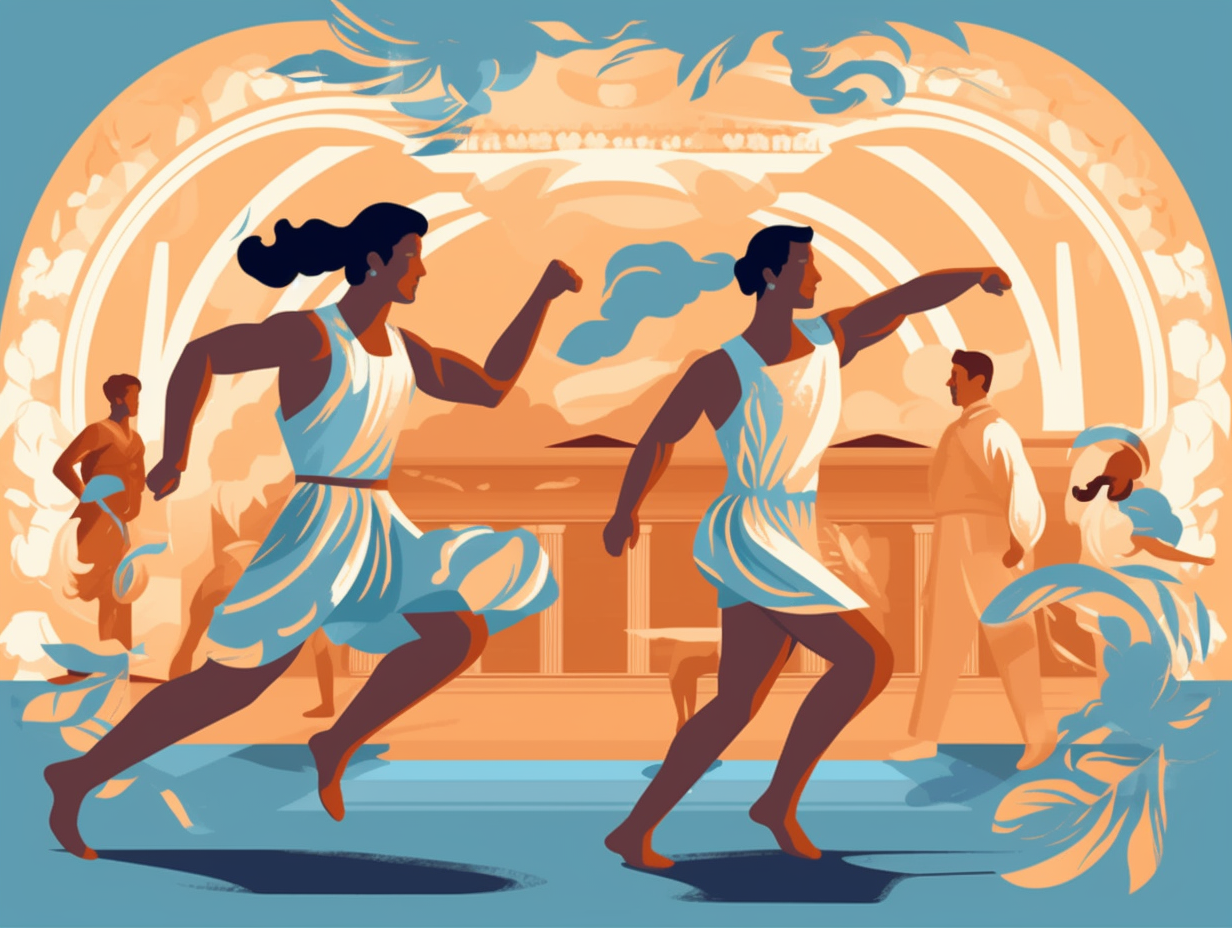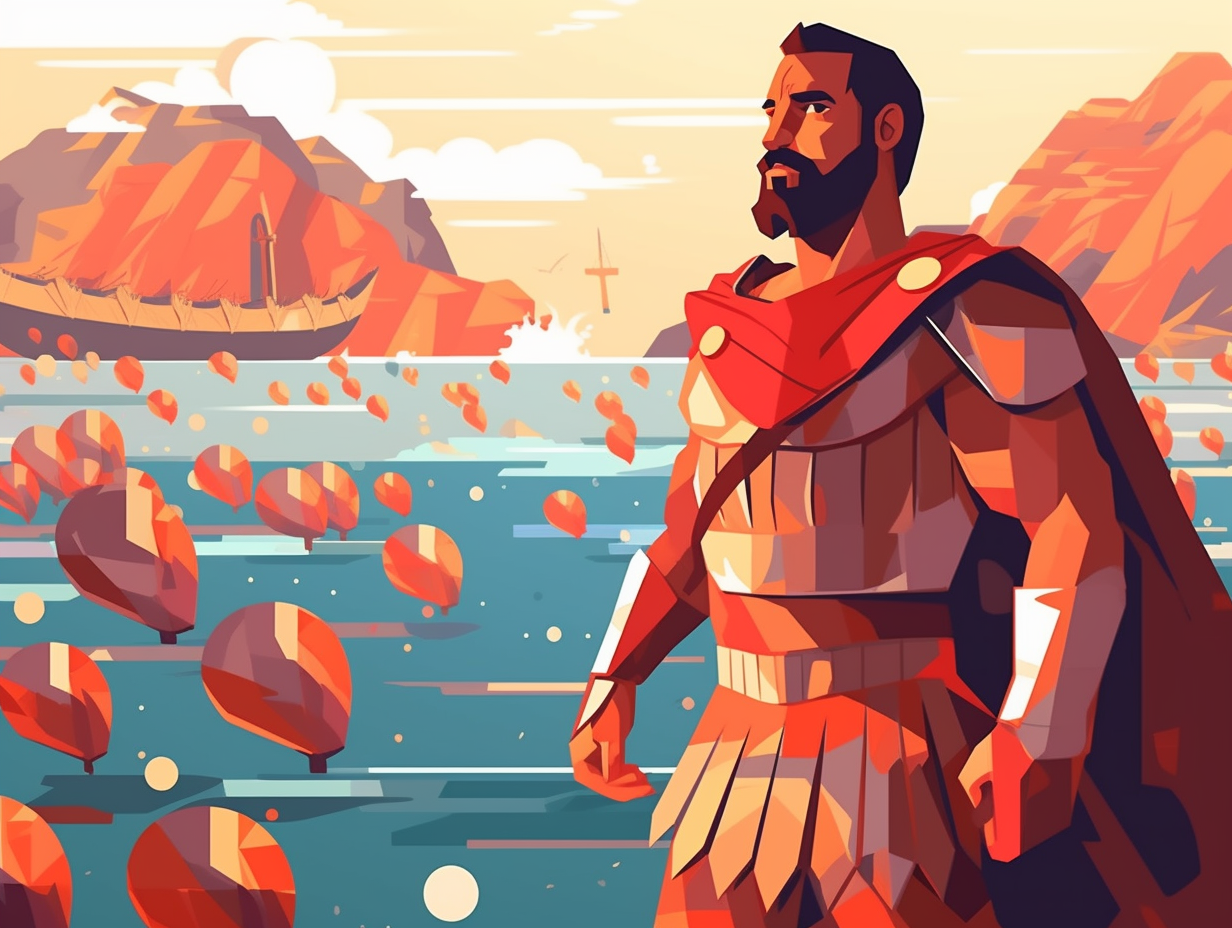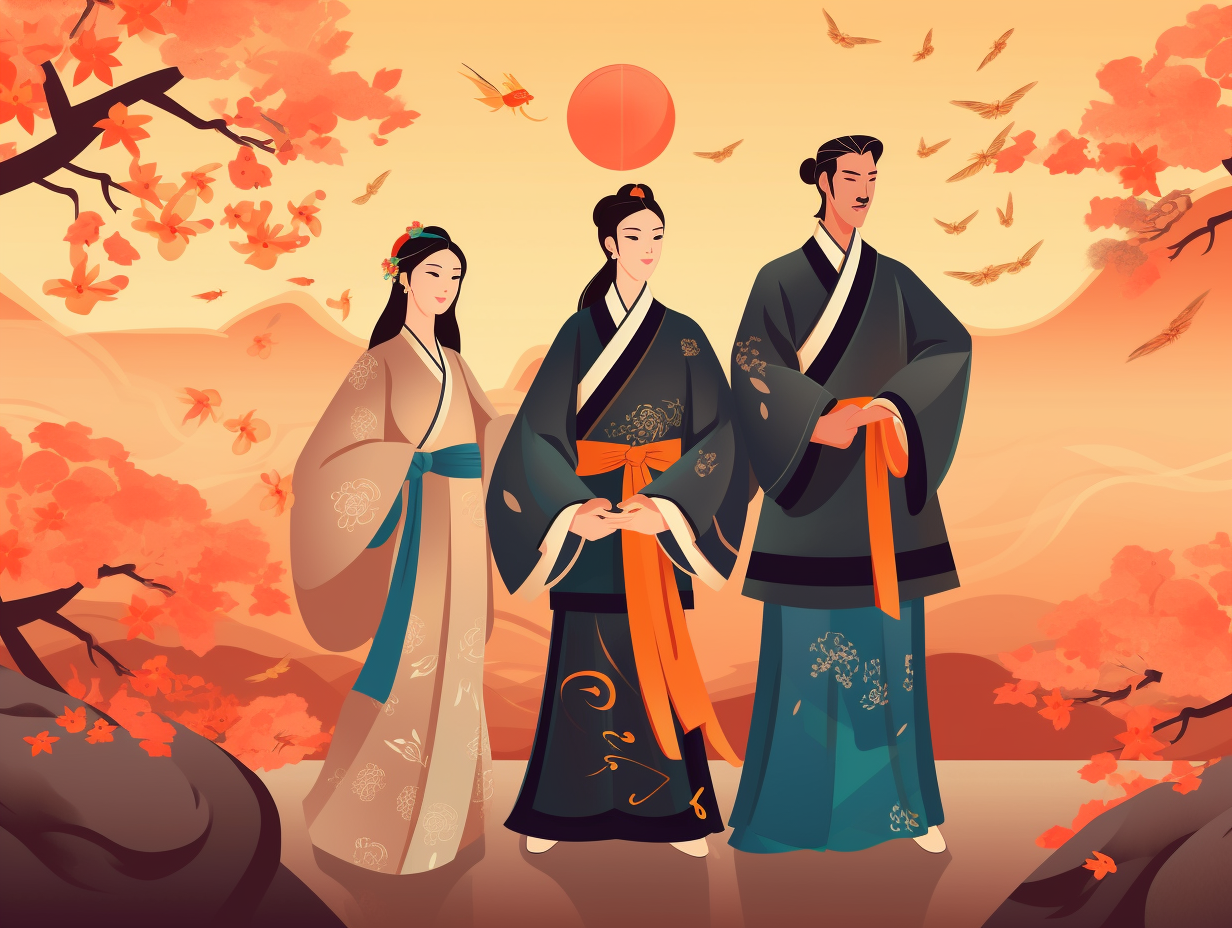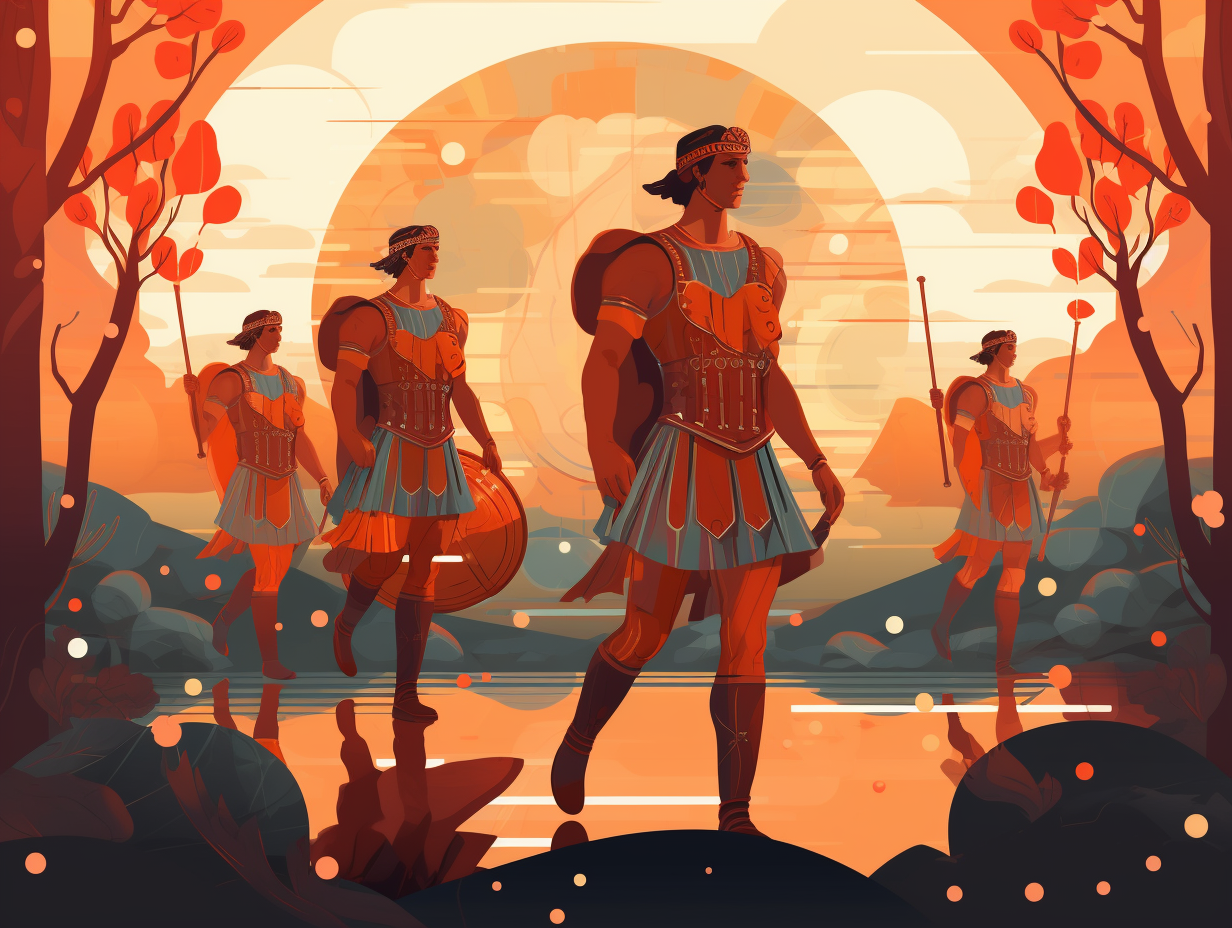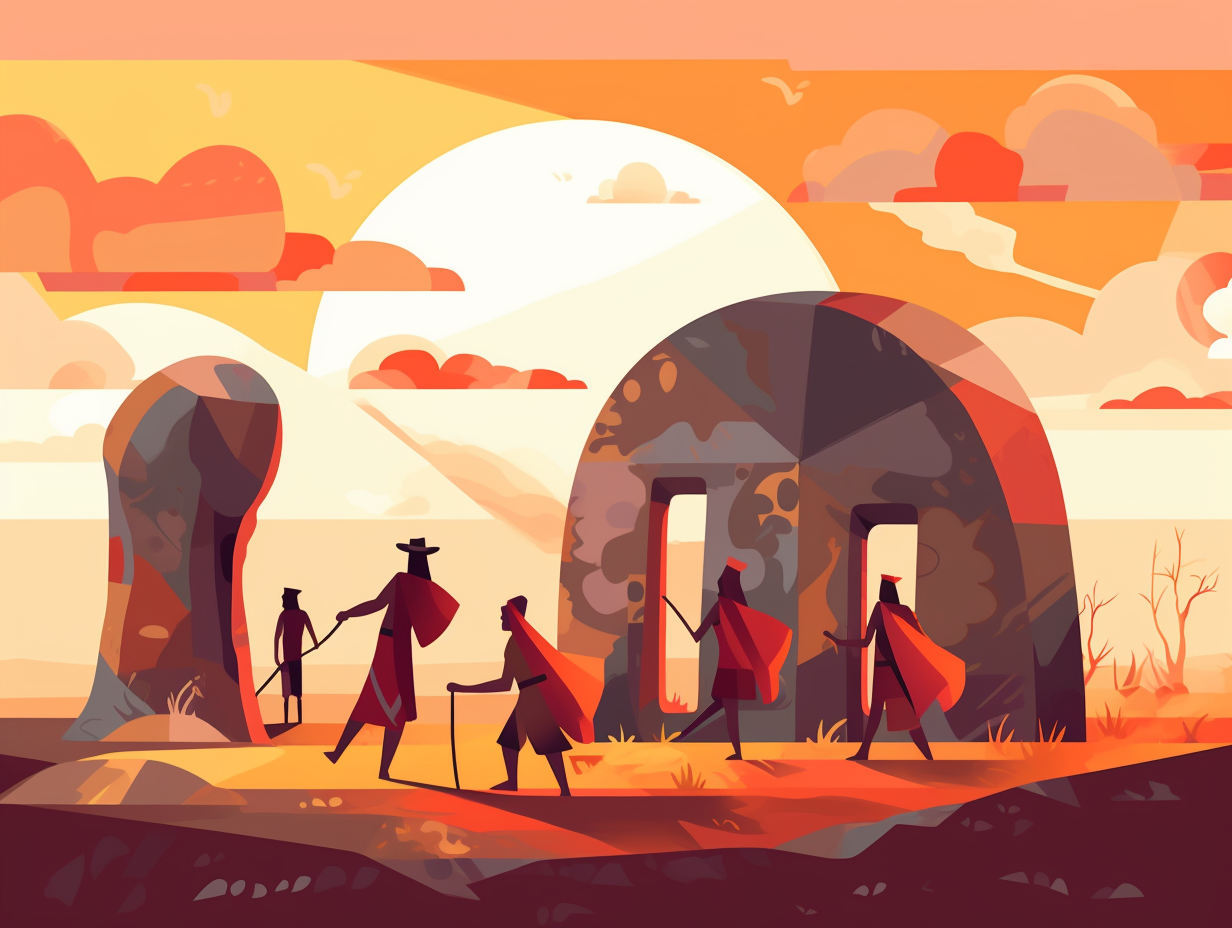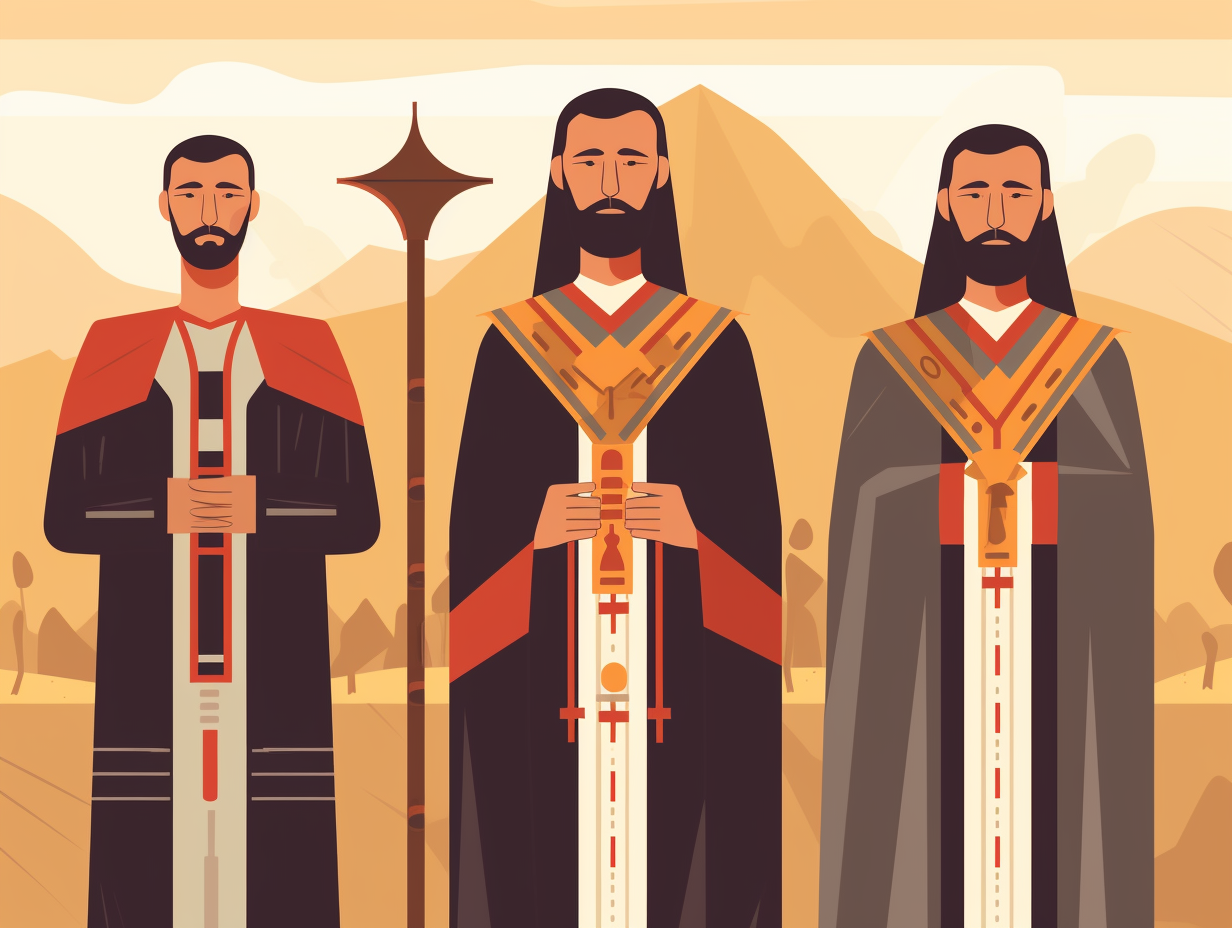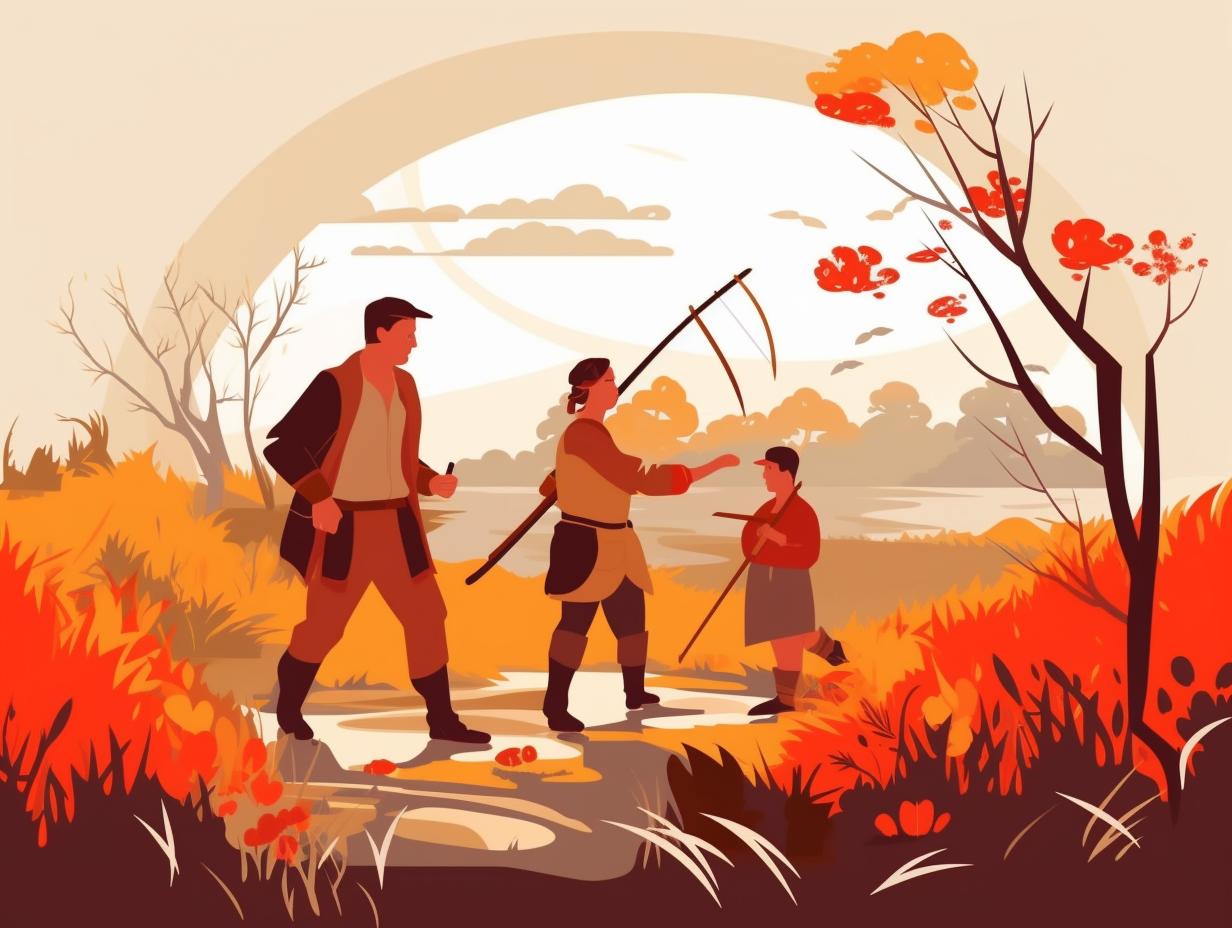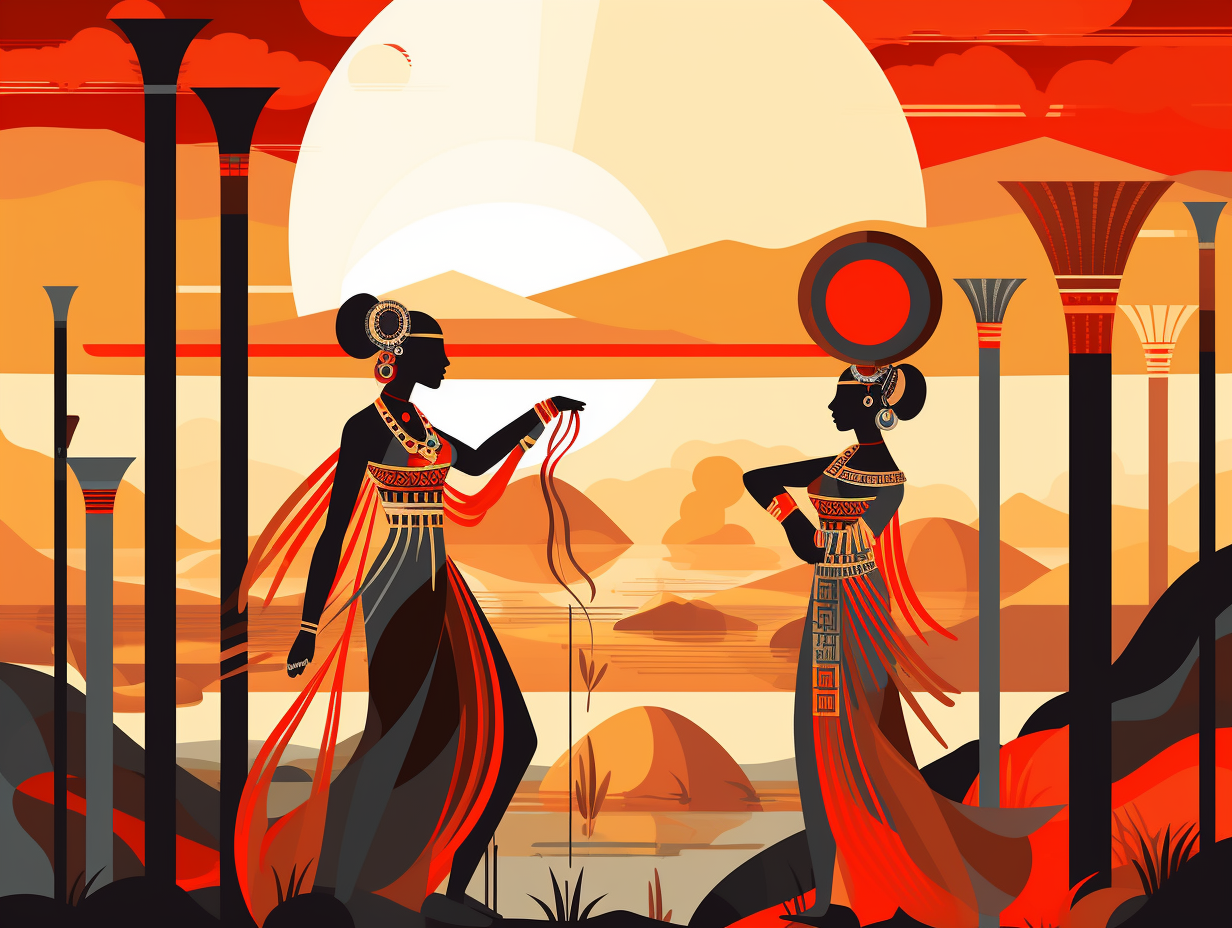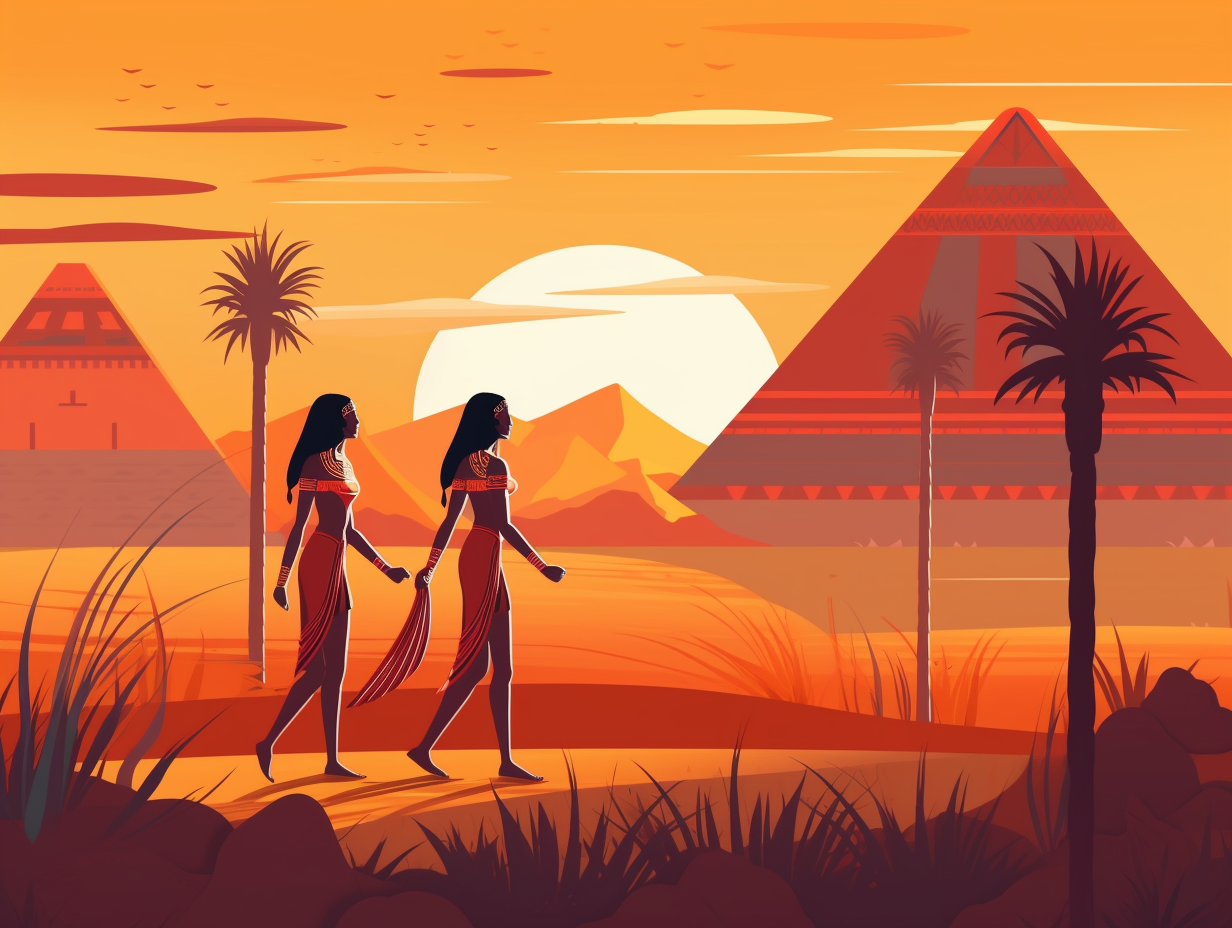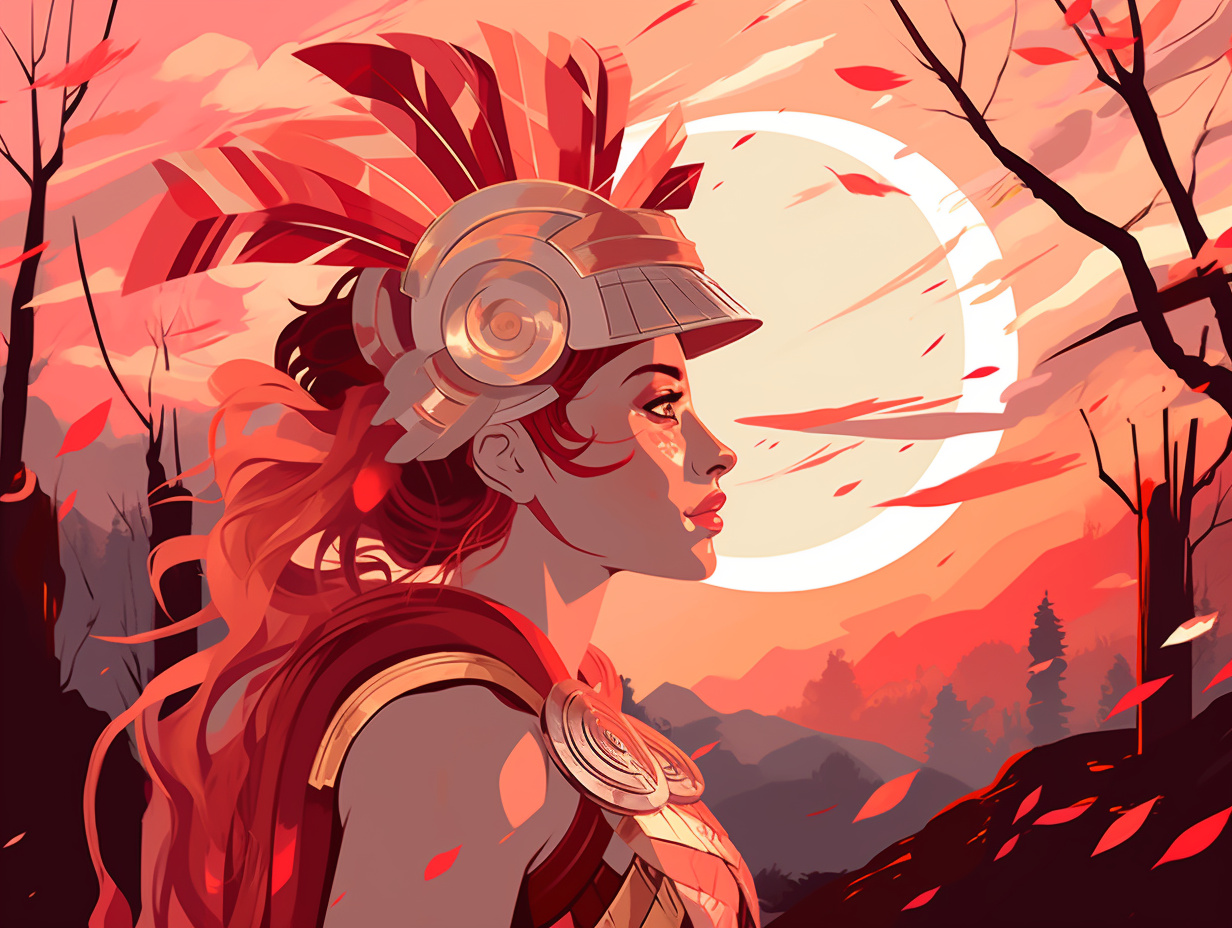Discover the Intriguing World of the Incas: Top 13 Fun Facts You Never Knew!

1. Tea Time with Quipu Strings
When the Incas needed to spill the T(ea), they turned to a string theory of gossip: Their record keeping was actually done through an intricate method called Quipu, using knotted colorful strings to encode census data, tax and labor records, and inventory. With around 850 complete Quipus still around, we can now unravel the secrets of this uniquely complex communication system.
Source => savacations.com
2. The Chasqui: Inca FedEx
Before express delivery and speedy couriers, the Incas had their very own ancient FedEx: meet the chasquis! These lightning-fast messengers could run up to 240 km per day using a relay system and were far from mere errand boys. Fluent in quipuscript and equipped with their trusty pututu trumpets, they were cool, calculated and quick on their feet: The chasquis were expert runners serving the Inca Empire, reading and translating quipus – sophisticated knotted string systems used for record-keeping – and signaling each other with conch shell trumpets, traversing sprawling distances on paths that can still be experienced today.
Source => en.wikipedia.org
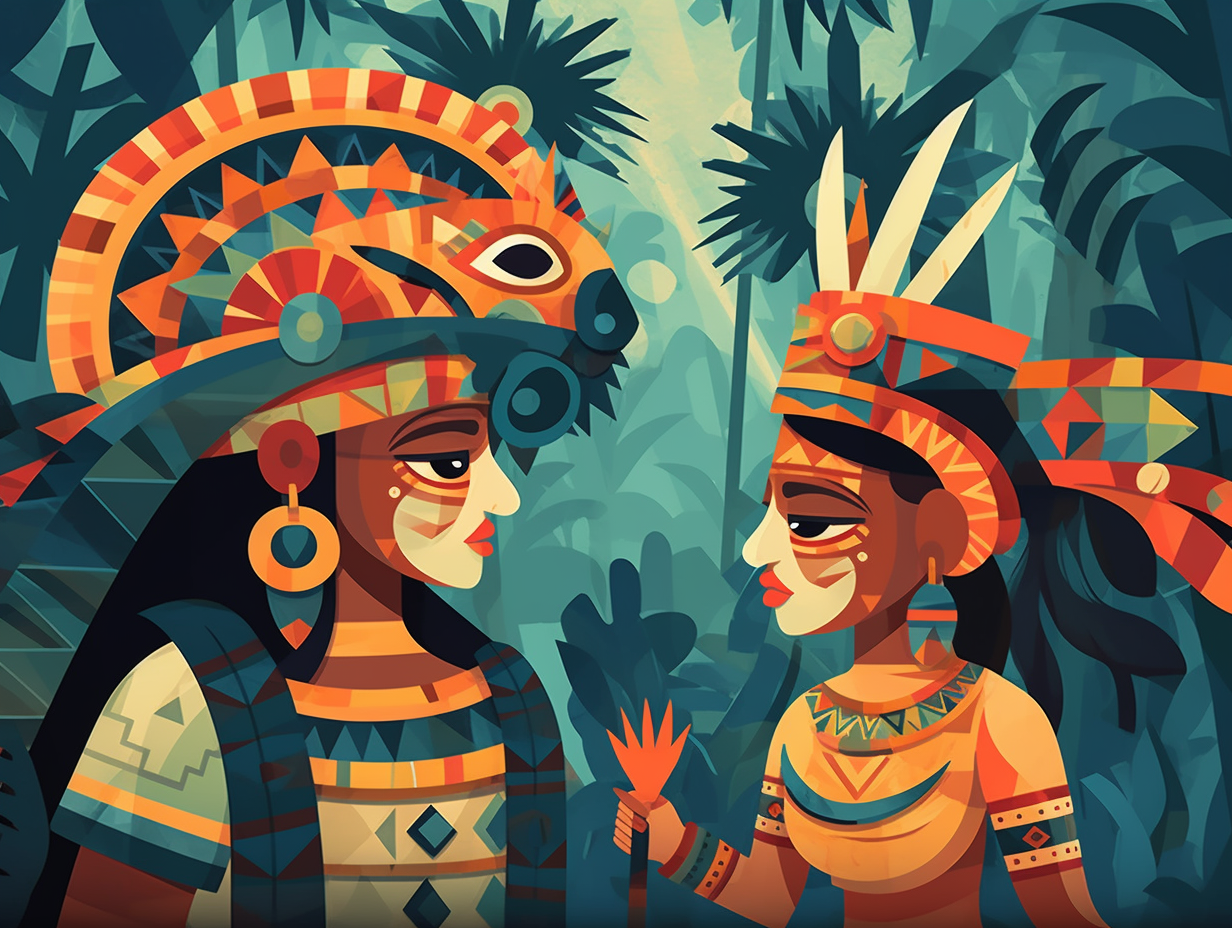
Did you know the Mayans rocked bedazzled grills way before it was cool? Discover how they used semiprecious stones to create dazzling smiles across ancient Guatemala, Belize, and Honduras!
=> Fun Facts about The-Mayans
3. Wheel-Free Inca Highways
Who needs wheels when you can conquer mountains, valleys, and rivers? The Incas went the extra mile (or 40,000 kilometers!), proving you don't need a spin class to get around town: Their advanced road system, featuring highways, stairways, and infrastructure like relay stations and administrative centers, stretched across nearly 2,000,000 km2 (770,000 sq mi) of their vast empire without ever needing a single wheel.
Source => en.wikipedia.org
4. Extreme Mountain Farming
If the Incas had a reality TV show, it'd be called "Extreme Agriculture: Mountain Edition!": These innovative farmers cultivated their crops by carving terraces into the unforgiving Andean mountainside and expertly managing scarce water resources, allowing them to grow staple foods like potatoes, quinoa, and maize for their predominantly vegetarian diet.
Source => study.com
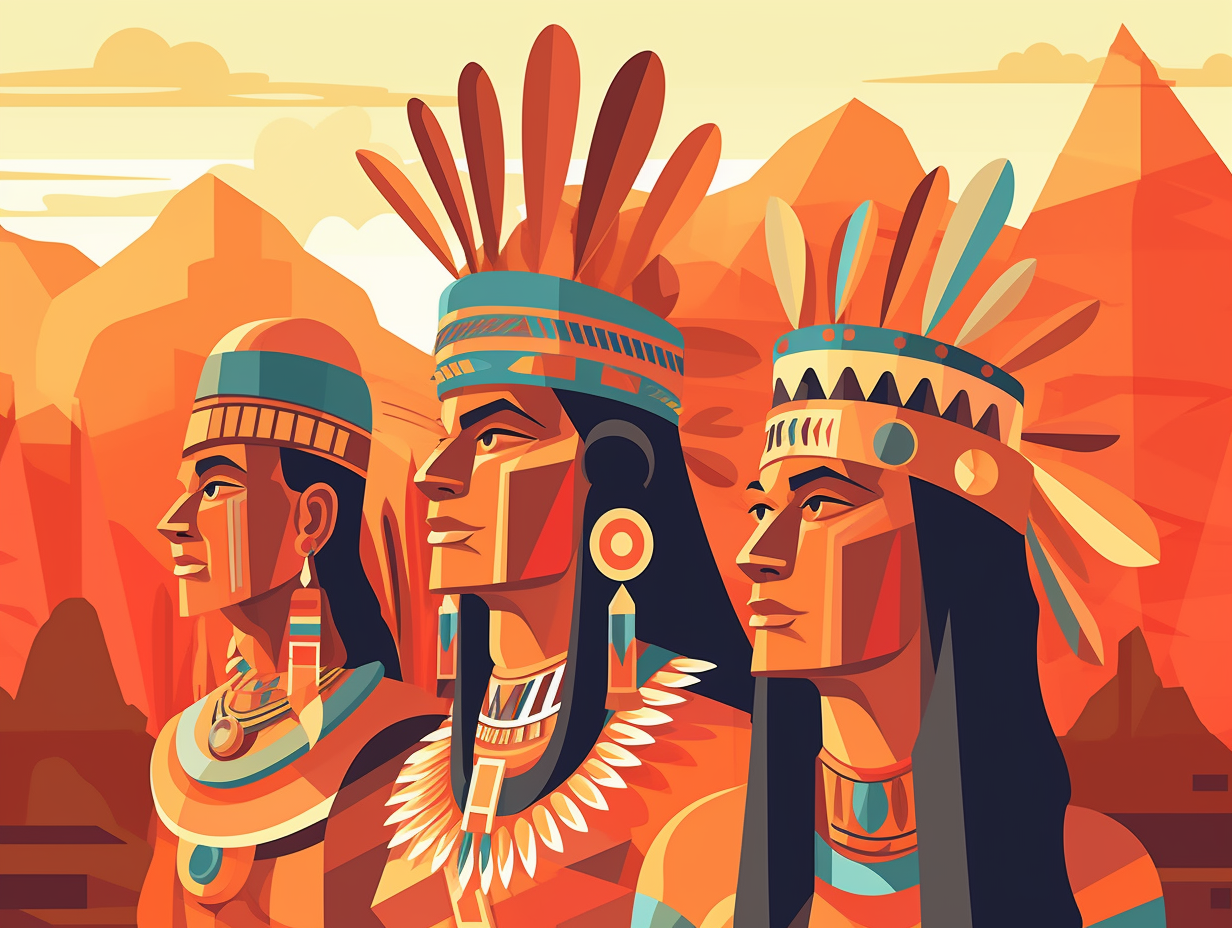
5. Holy Corn Cocktail: Chicha
Holy corn cocktail! The Incas were probably the life of the party with their ancient booze called "chicha": Made from maize, oca, or even quinoa, this fermented party-starter was not only consumed daily but also played a role in religious ceremonies and dead-ancestor salutations across different pre-Incan Andean civilizations.
Source => journalofethnicfoods.biomedcentral.com
6. IncaCoin: Currency-Free Economy
Who needs Bitcoin when you've got IncaCoin: The ancient Incas had a thriving economy without the need for currency. They used a system called mita, where citizens provided labor for the state and received food, clothing, healthcare, and education in return, while intra-village bartering and limited foreign trade kept the wheels of commerce turning.
Source => discover-peru.org
7. Rulers: Sun God's Offspring
When the Incas played "Who's your daddy?," the answer was quite literally the sun: The Inca ruler was considered the living representative of the sun god Inti, with the high priest of the Sun ranking as the second most powerful person in the kingdom, and conquered provinces dedicating a third of their lands and herds to the sun god.
Source => en.wikipedia.org
8. Neon Signs & Skull Design
When neon sign makers brought their skills to ancient skull-shaping parties: The Incas were known to practice cranial deformation for religious and spiritual reasons, believing that it helped attach the soul to a newborn's body – a widespread custom across different social groups that lasted for thousands of years in Andean communities.
Source => umontpellier.fr
9. Inca Brain Drill Experts
Who needs a hole lot of medicine when you have a good ol' drill? The Incas beg to differ: these ancient brainiacs had a 75% to 83% success rate in trepanation, a surgical procedure that involved drilling holes into the skull to treat intracranial mass disorders and headaches, thanks to their open-air surgeries, herbal medicines, and one-time-use tools.
Source => facs.org
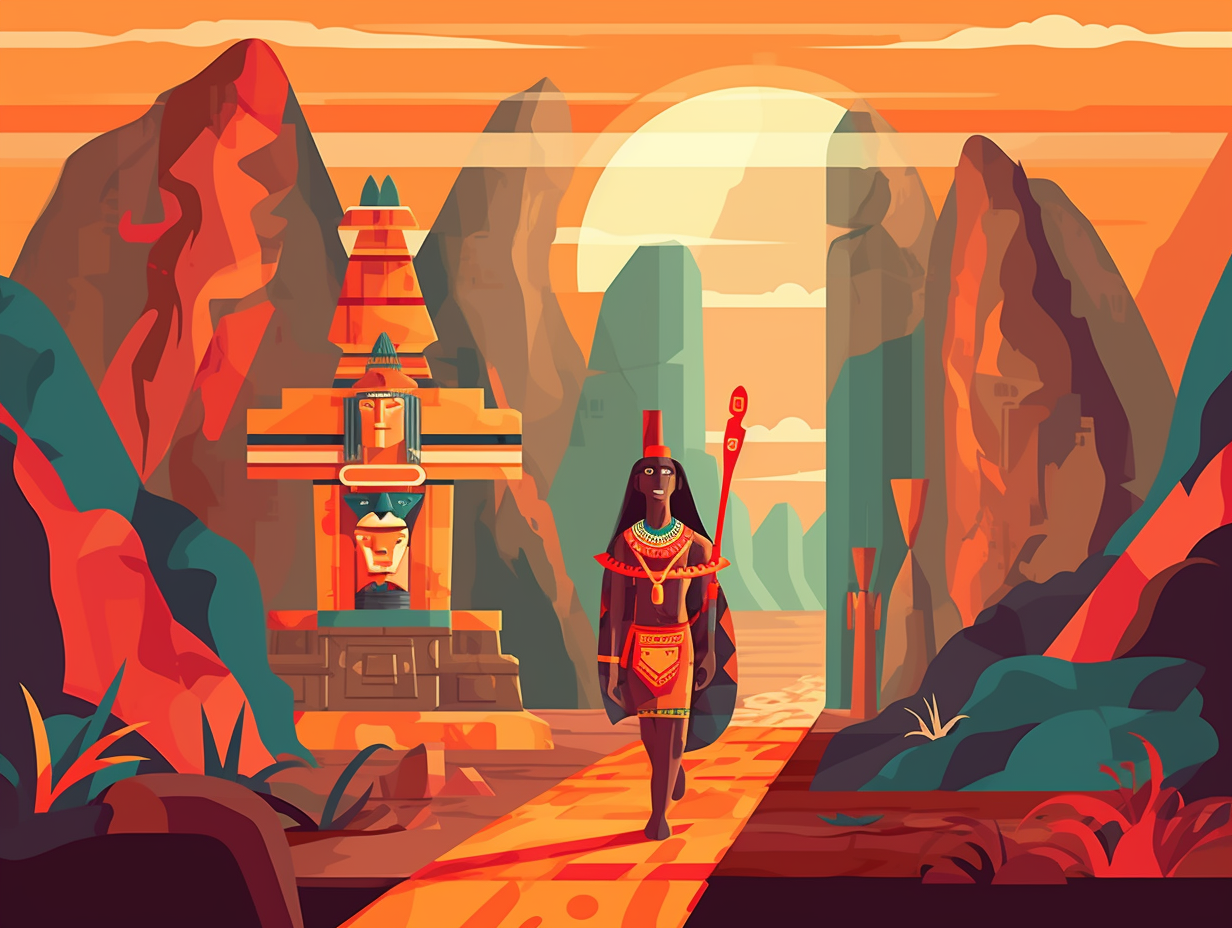
10. Earthquake-Proof Inca-nuity
Who needs metal when you've got rock-solid Inca-nuity? These ancient architects were already laying down the groundwork for earthquake-resistant designs and making puzzle masters jealous worldwide: The Incas used bronze tools and harder stones to construct the granite marvel that is Machu Picchu, with perfectly cut stones fitting together so precisely that they didn't need mortar, resulting in a technique known as Ashlar.
Source => annees-de-pelerinage.com
11. Llama Marvel Superheroes
Ever heard of a llama Marvel? They were the superheros of the Inca Empire, part spiritual guide, part furry fashionistas, and part party animals: Llamas were not only essential to Incan transportation, but they were also sacrificed for religious purposes, their meat was served during feasts in honor of rain gods, and they were buried ceremonially on newly conquered lands as a signifier of Inca sovereignty. Plus, these ancient breeders were so skilled, they produced llamas with finer wool than today's cashmere. Talk about an elite llama squad!
Source => boisestate.edu
12. Inca Storehouse Hoarders
Apparently, the Incas were the original hoarders, but with a practical twist: they built massive storehouses called qullqas to stockpile food and other essential commodities for their massive empire. These storage units were strategically placed near cities, political centers, and along their awe-inspiring road networks, making sure everyone from their armies to everyday laborers could "shop 'til they drop" in times of need. In fact, their dedication to hoarding can be described as "unprecedented in the annals of world prehistory."
Source => en.wikipedia.org
13. Cusco: Amazon Warehouse of the Past
Picture this: Cusco as the ancient Amazon warehouse, packing and shipping the treasures of the Inca empire. Funny, right? But here's the real deal: Cusco was strategically located at the center of natural routes leading to diverse surrounding regions, making it an all-important trade hub in the ancient world.
Source => worldhistory.org
Related Fun Facts



